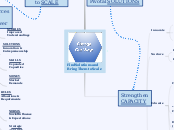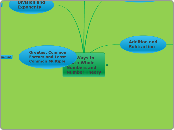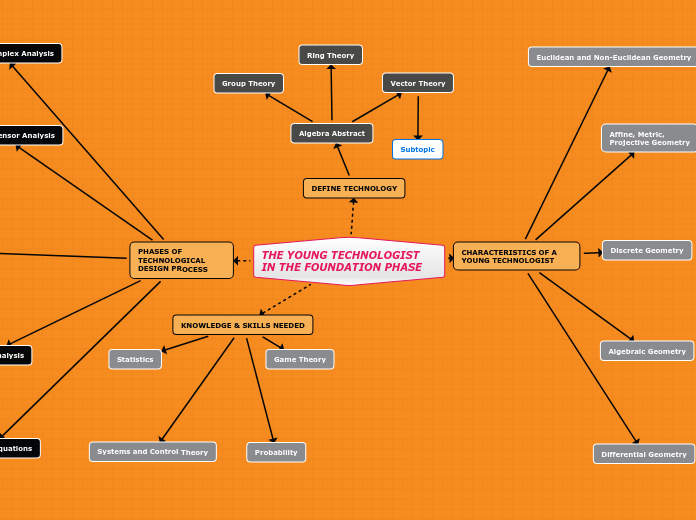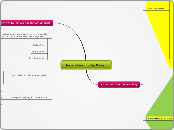av Faisal Eshanta 4 timer siden
4
S
The discourse on educational philosophy presents various viewpoints on the nature and purpose of learning. There is a contention between focusing solely on the accumulation of knowledge versus incorporating critical thinking and problem-solving skills.









